BRICS 2025 | A Call for Global Reform: PM Modi Urges Change in Outdated Power Structures
As the world stands at the cusp of geopolitical transformation, the recent BRICS Summit 2025 in Rio de Janeiro brought a resounding message to the global stage: international institutions must reflect today’s realities—not yesterday’s power equations.
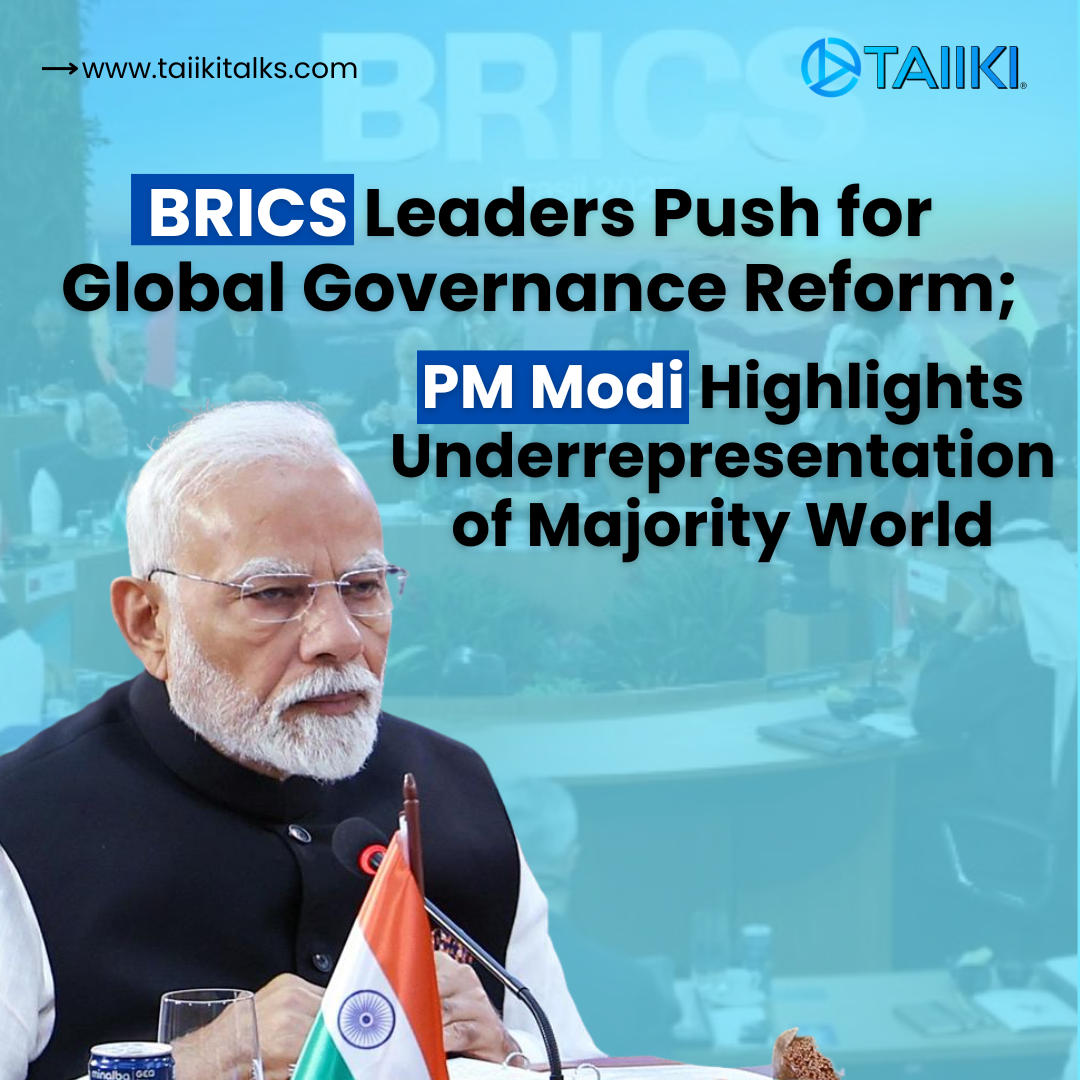
Speaking at the summit, Prime Minister Narendra Modi pointed to a stark imbalance: two-thirds of the world’s population continues to be underrepresented in global decision-making bodies, especially the UN Security Council (UNSC). His remarks echoed a growing consensus-particularly among the Global South-that the existing international order is long overdue for reform.
Key Highlights from the BRICS Leaders' Declaration:
-
Demand for Equitable Global Governance:
A clear push for a more democratic, transparent, and inclusive system that gives voice to developing nations. -
United Stand Against Terrorism & Violence:
The declaration condemned all forms of terrorism and reinforced the importance of cross-border peace and cooperation. -
Support for Palestine:
A firm stance in favor of establishing an independent Palestinian state, underscoring BRICS' role in advocating human rights and international justice. -
Urgent Call for UNSC Reform:
With emerging nations taking on greater economic and diplomatic roles, the demand to restructure the UNSC grows louder and more legitimate.
Why This Matters:
This summit marked more than just a diplomatic gathering-it signaled a seismic shift in international relations. The Global South, long on the sidelines of institutional power, is now asserting its place at the table. As countries like India, Brazil, and South Africa grow in influence, they bring with them a vision of inclusive, multipolar governance.
The message is clear:
Reform is no longer optional — it is essential for the legitimacy and effectiveness of international institutions.
Looking Ahead:
As BRICS expands and its voice gains weight in global forums, the future of global governance will likely be shaped less by legacy powers and more by the demands of a diverse, interconnected world.
Stay tuned to Taiiki Talks for insights into the changing face of diplomacy, policy, and global power.









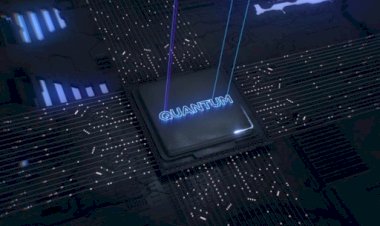
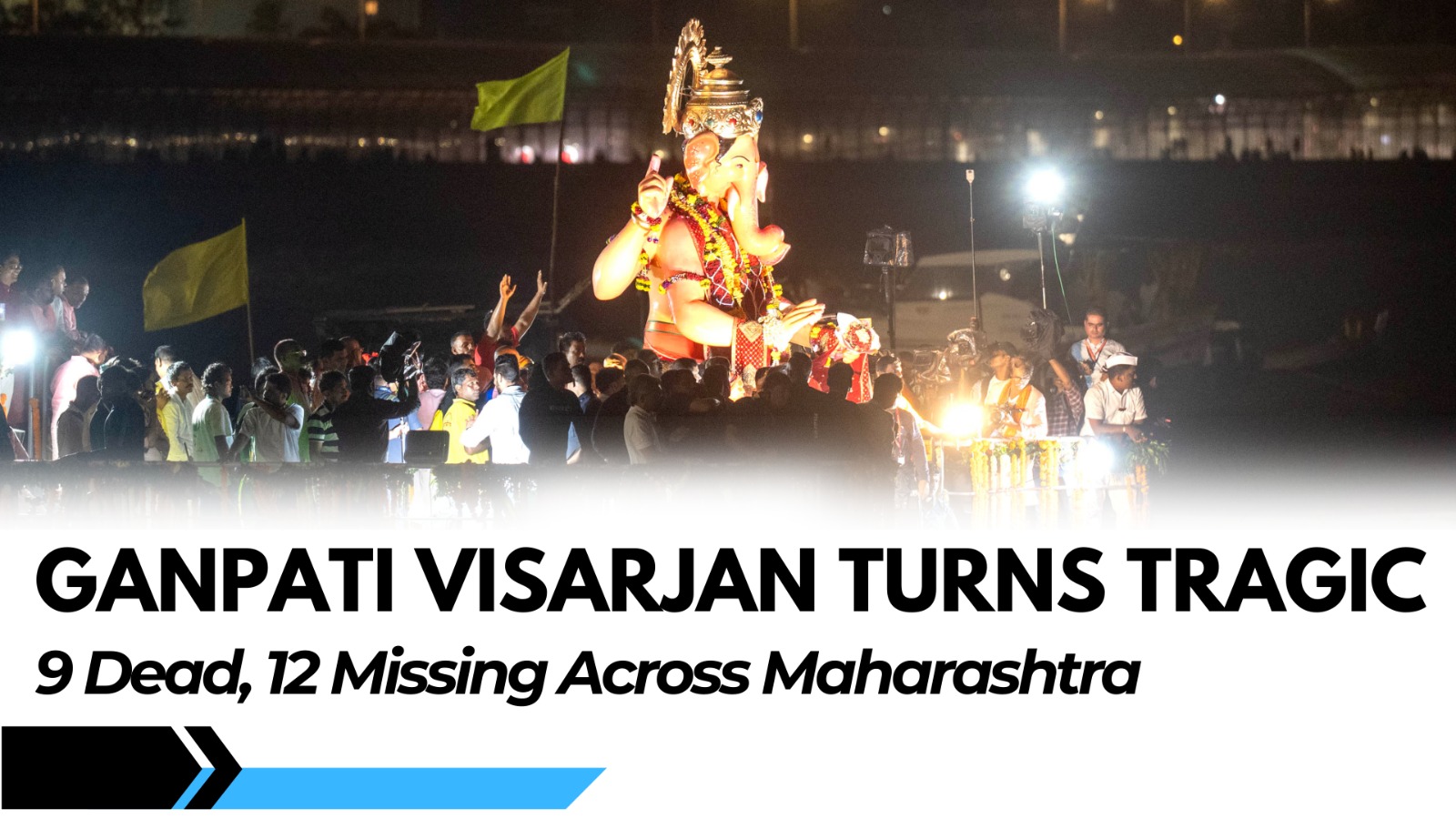





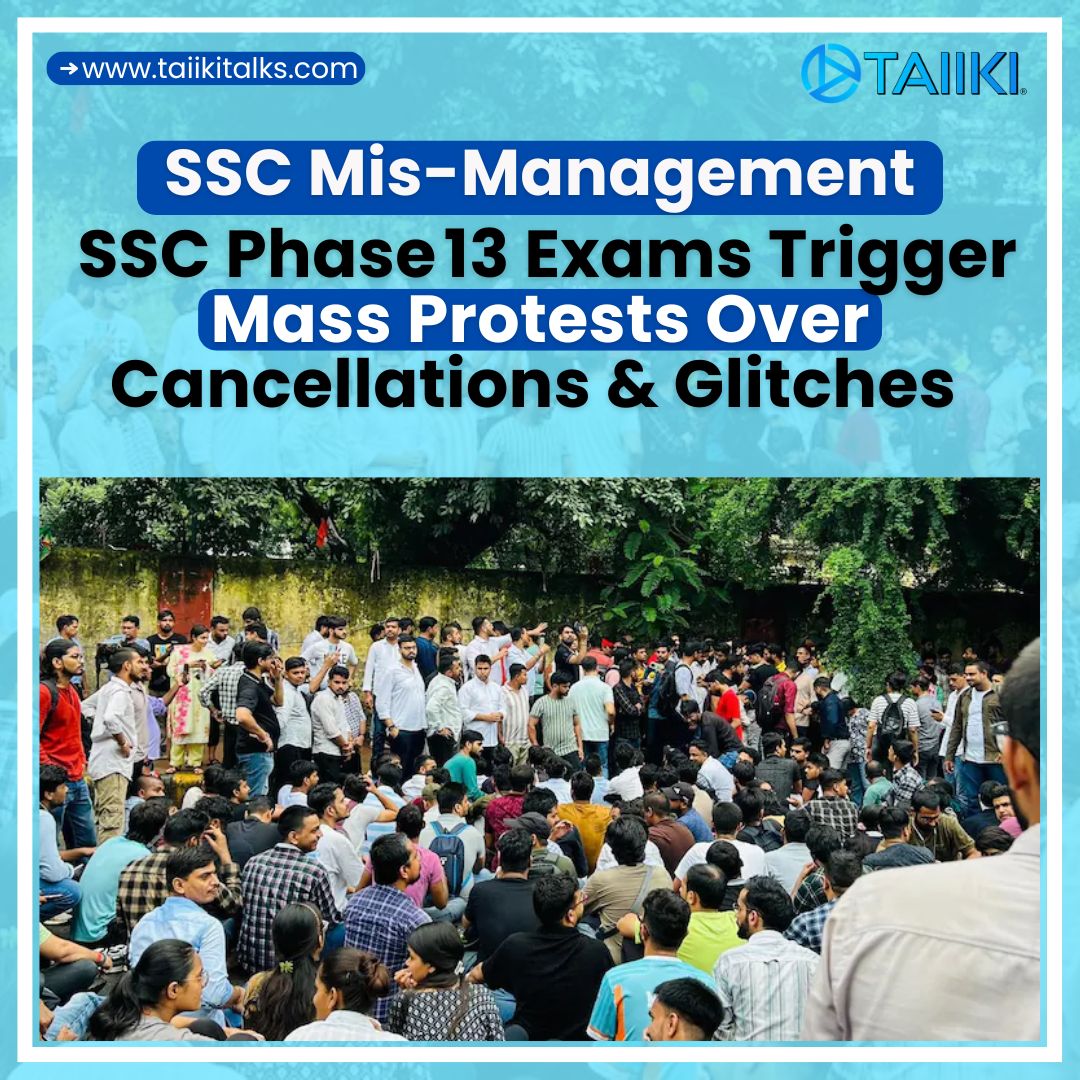
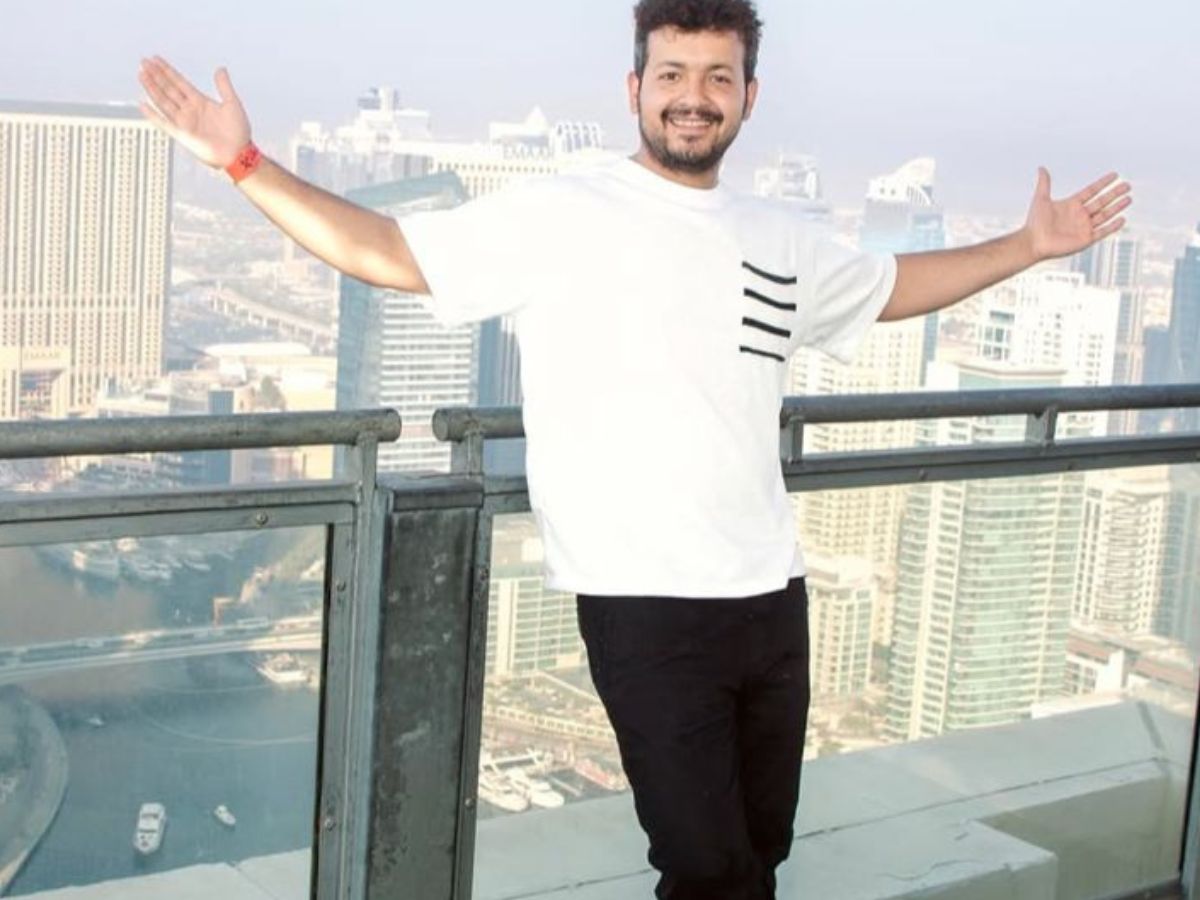



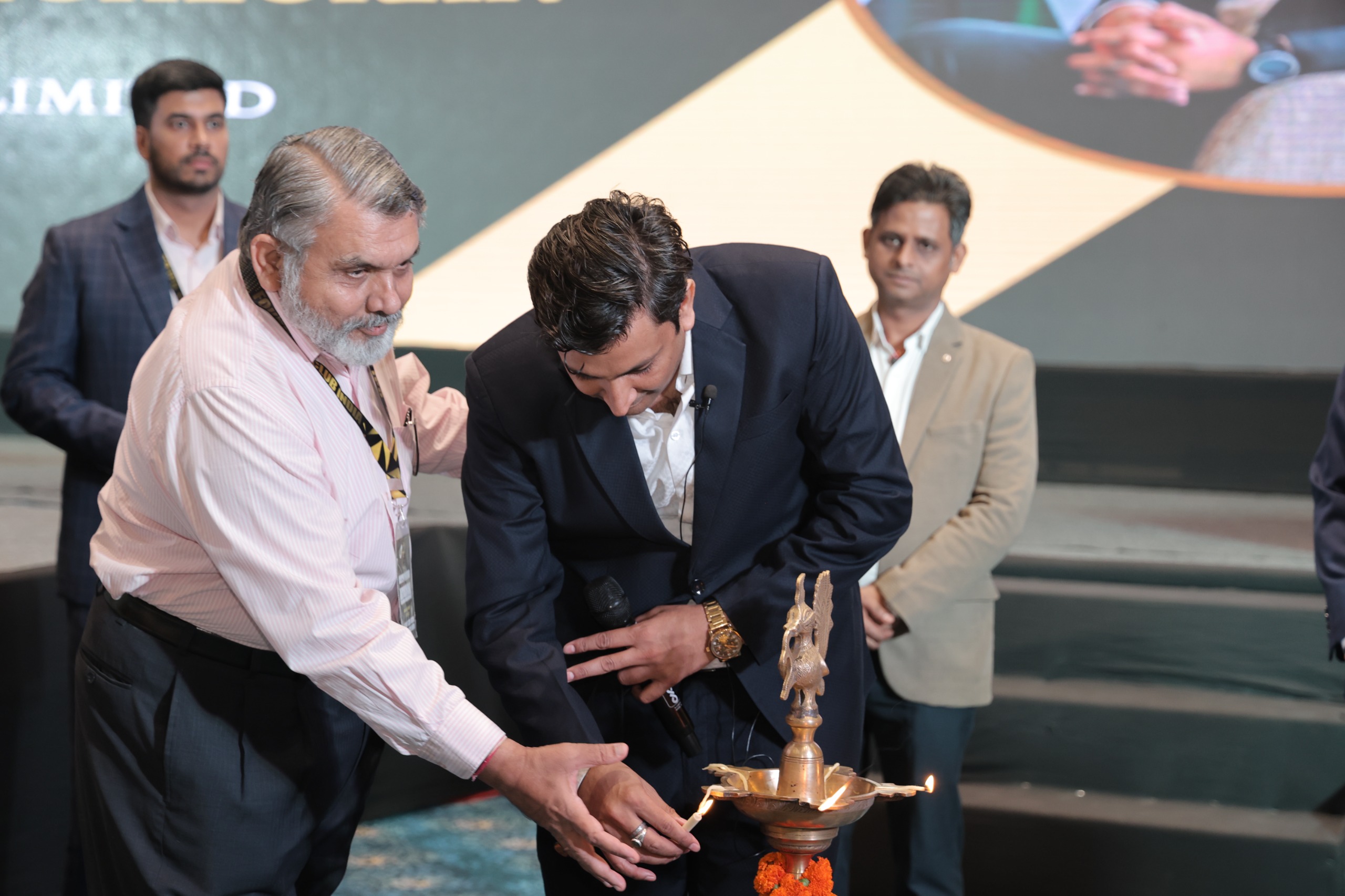

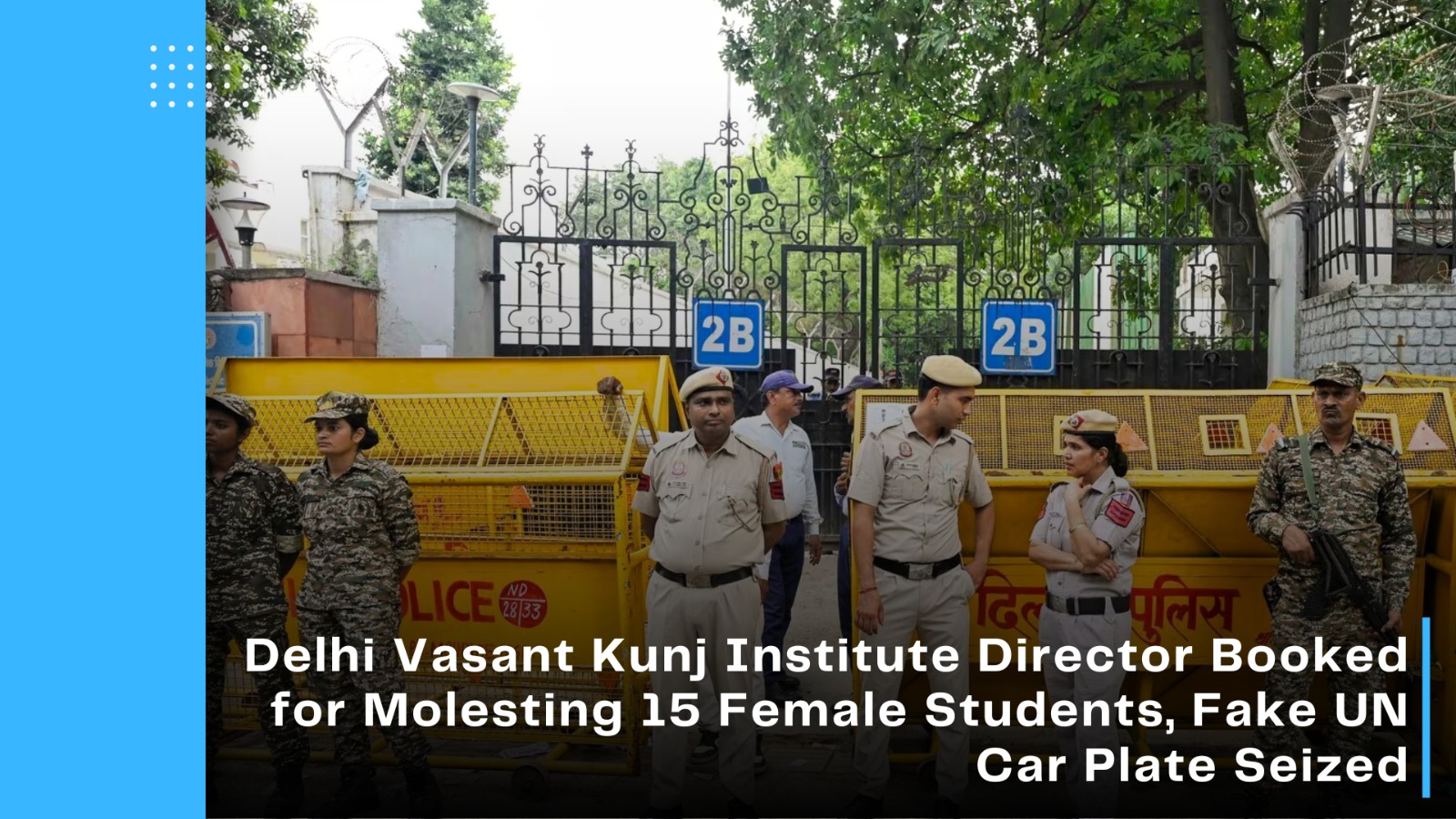
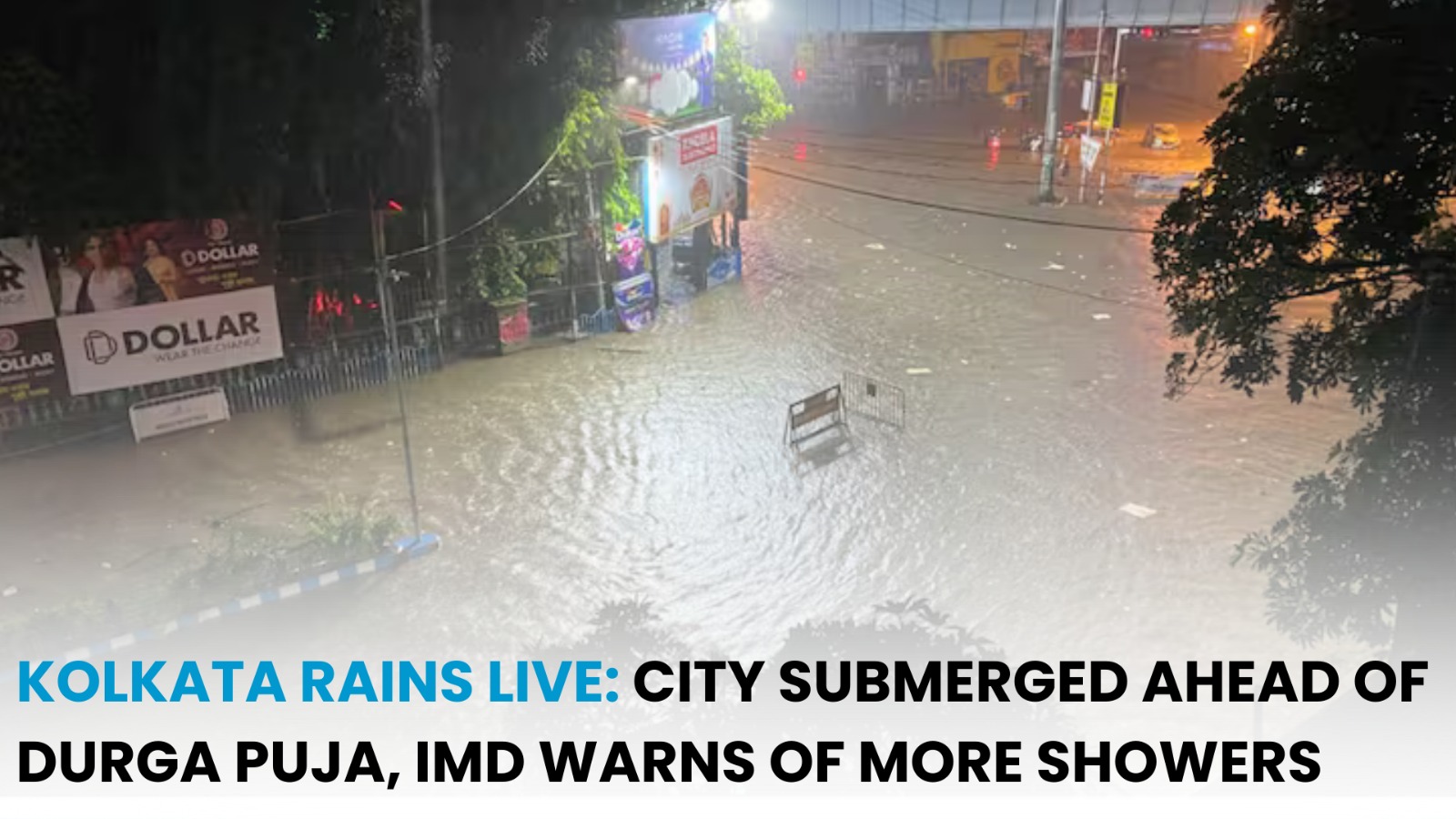
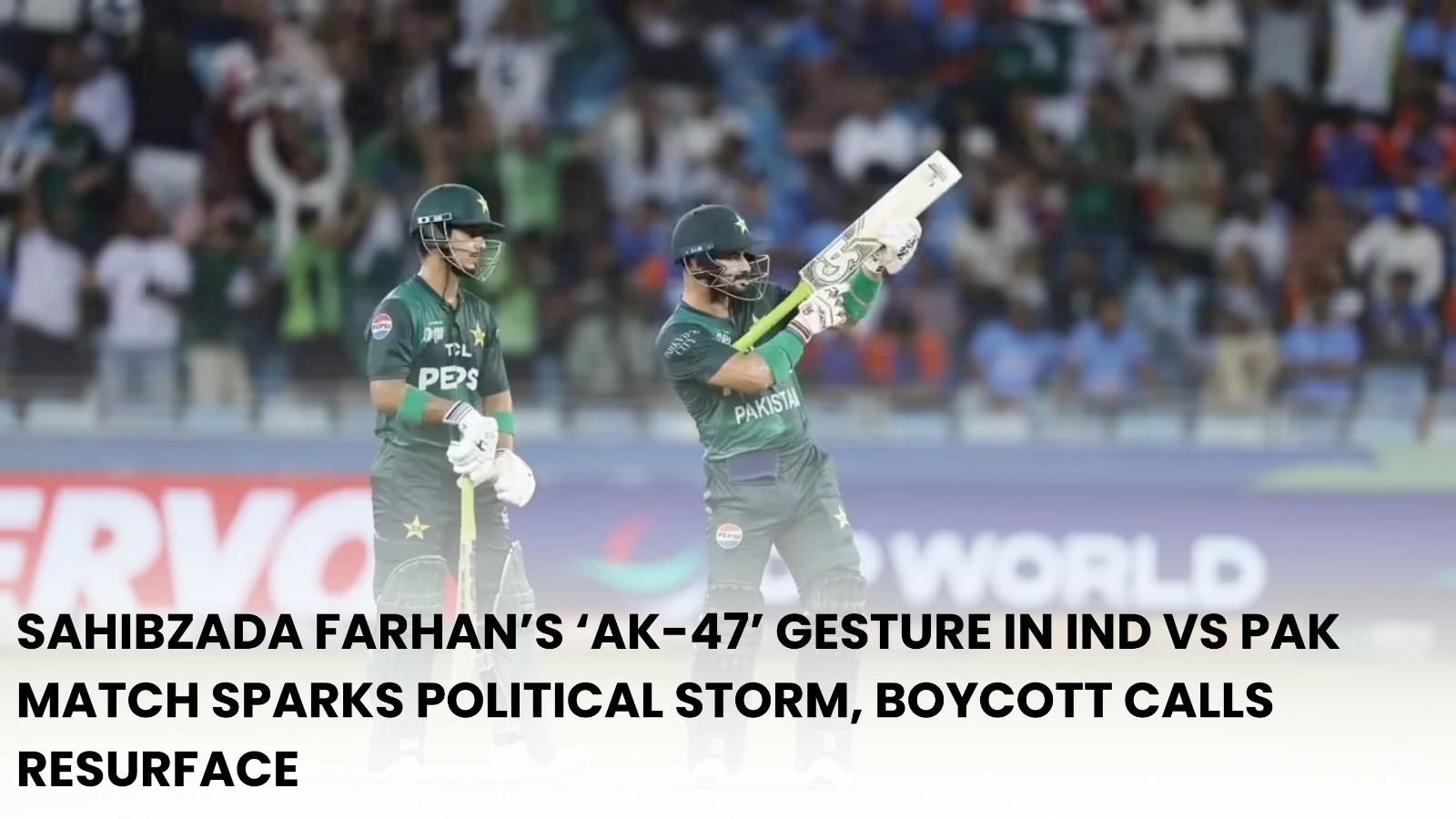





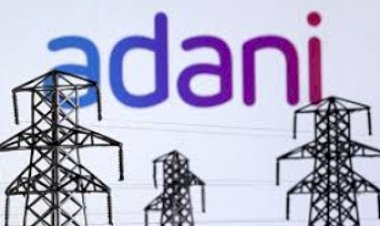

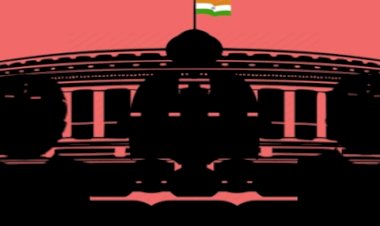

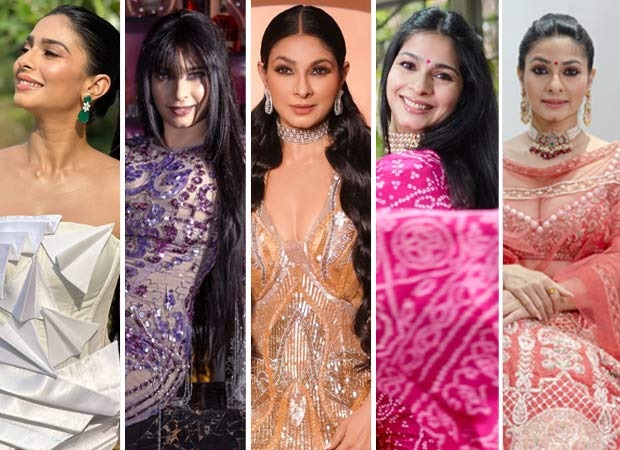
Comments (0)